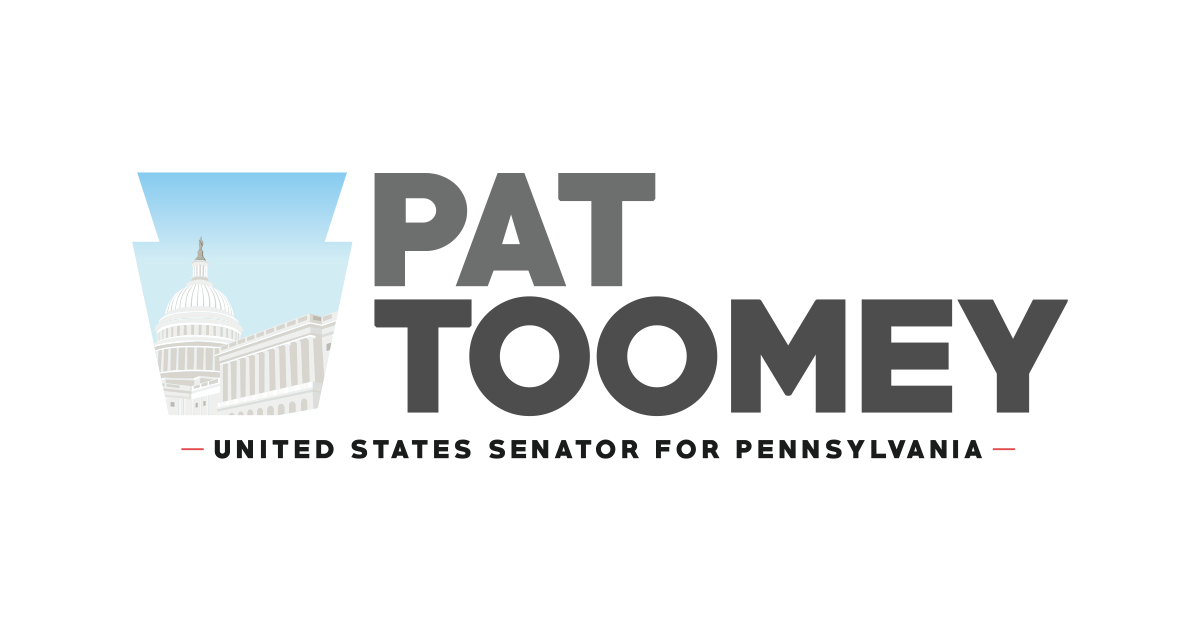Source: United States Senator for Pennsylvania Pat Toomey
Washington, D.C. – U.S. Senator Pat Toomey (R-Pa.) with Senators Mike Crapo (R-Idaho), Bill Cassidy (R-La.), Mike Lee (R-Utah), and Ben Sasse (R-Neb.) filed an amicus brief today with the U.S. Supreme Court requesting that the Court review Transpacific Steel LLC’s lawsuit against the federal government.
In this case, President Trump—claiming Section 232 authority—doubled existing tariffs on the imports of Turkish steel months after the mandatory time periods for selecting and implementing such action had expired. Transpacific Steel and several other companies affected by the tariff are challenging this action, arguing that in adjusting Section 232 tariffs outside of the statutorily-designated time periods, the president was acting in a way that exceeded the authority Congress gave to the executive branch.
The U.S. Court of International Trade agreed with Transpacific Steel, ruling that a president’s Section 232 authority to adjust imports is not indefinite. However, in a two-to-one decision, the U.S. Court of Appeals for the Federal Circuit overturned the ruling.
“The ruling of the U.S. Court of Appeals for the Federal Circuit in Transpacific Steel’s case regarding Section 232 tariffs has significant constitutional and economic ramifications that warrant Supreme Court review,” said Toomey.
“Section 232 ‘national security’ tariffs are already often misused for matters with little to no national security relevance. The executive branch has now effectively claimed nearly unlimited authority to adjust tariffs on an ongoing basis and based on a single, outdated Section 232 report. Not only is this action constitutionally suspect and in direct contravention of Congress’s intent in authoring the statute, but it also causes unnecessary economic harms to American workers. I strongly urge the Supreme Court to hear this case and to reconsider this misguided ruling by the Federal Circuit.”
Background on the amicus:
The U.S. Constitution gives Congress exclusive power to lay and collect taxes and tariffs. While Congress can delegate some of its authority to the president, it must provide sufficient guidance to direct presidential action under that authority. Under Section 232, this guidance takes the form of both reporting requirements and specific time limits for action. Yet, in a ruling by the U.S. Court of Appeals for the Federal Circuit, the Court upheld a clear executive branch workaround of the Section 232 time limitations, functionally nullifying one of the key preconditions set by Congress.
In the amicus brief, the Senators argue (1) the Federal Circuit, in ruling that Section 232 was not violated by the president’s adjustment to tariff rates outside of the permissible time period set by Congress, failed to properly interpret and enforce the laws as Congress had written them and (2) the Federal Circuit’s ruling that the president need not comply with Congressional procedural limits failed to comply with the nondelegation doctrine, which prohibits Congress from transferring to a coordinate branch of government power vested in Congress.
The Senators encouraged the Supreme Court to hear the case, as part of its duty to correctly enforce the laws as Congress has written them and to prevent the executive’s extralegal exercise of power outside of that authorized by Congress.
The full amicus brief is available here.
Earlier this year, Senator Toomey with Senator Mark Warner (D-Va.) introduced the Bicameral Congressional Trade Authority Act, which would reinstate congressional authority over trade. The Bicameral Congressional Trade Authority Act would make any presidentially-proposed tariffs or quotas applied for national security purposes (via Section 232 authority) subject to review and approval by Congress prior to going into effect.
###
